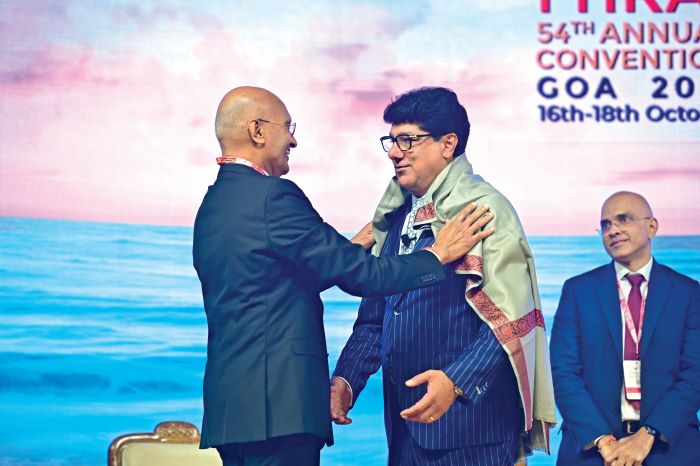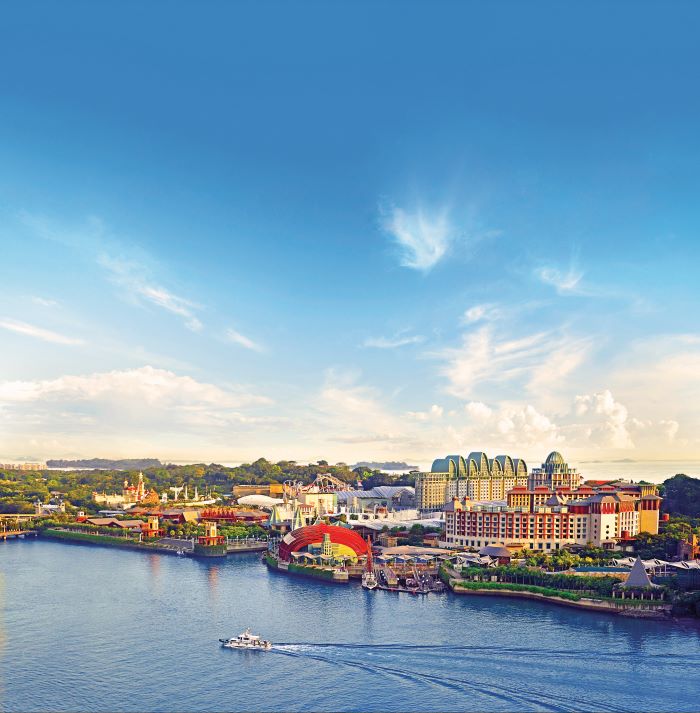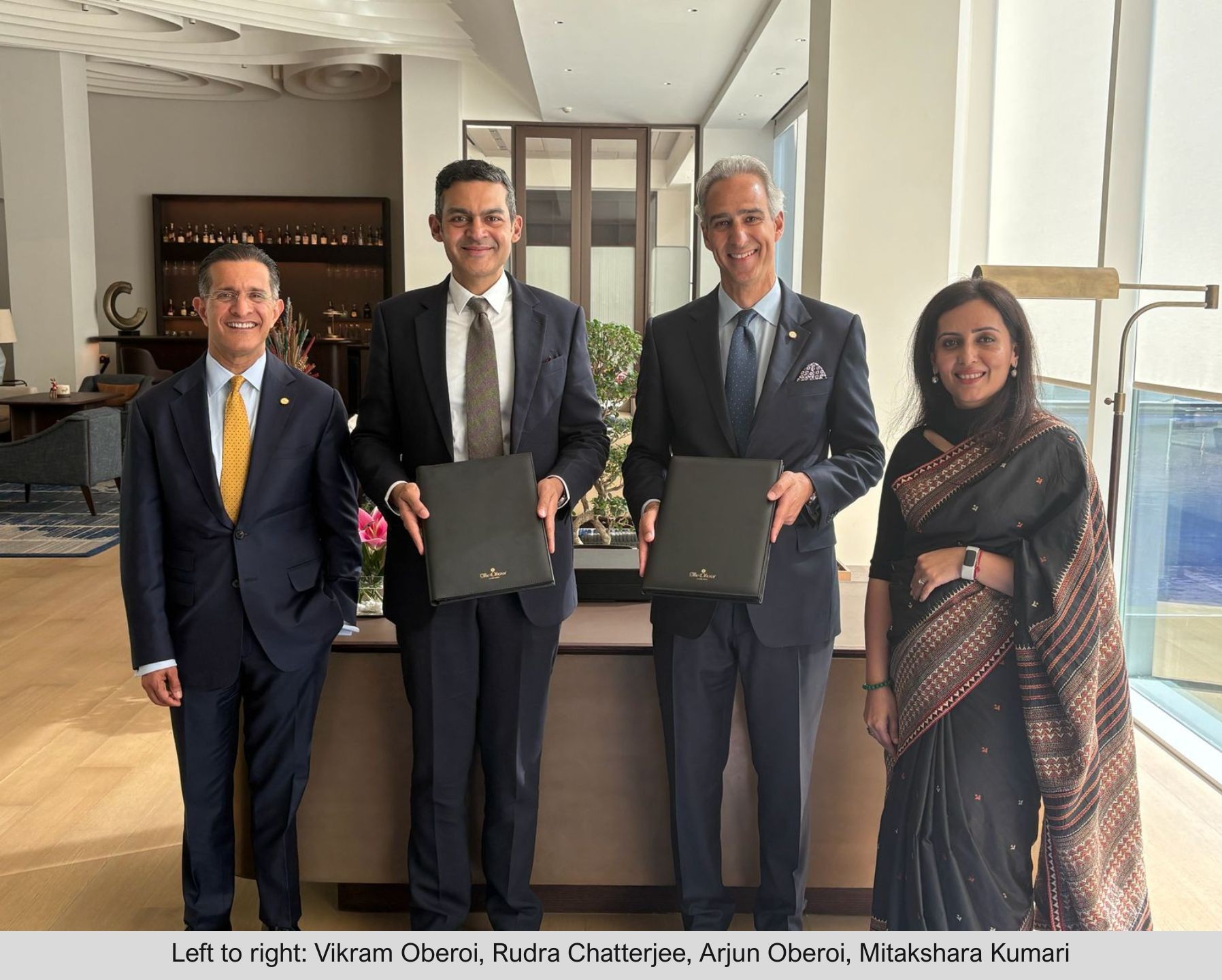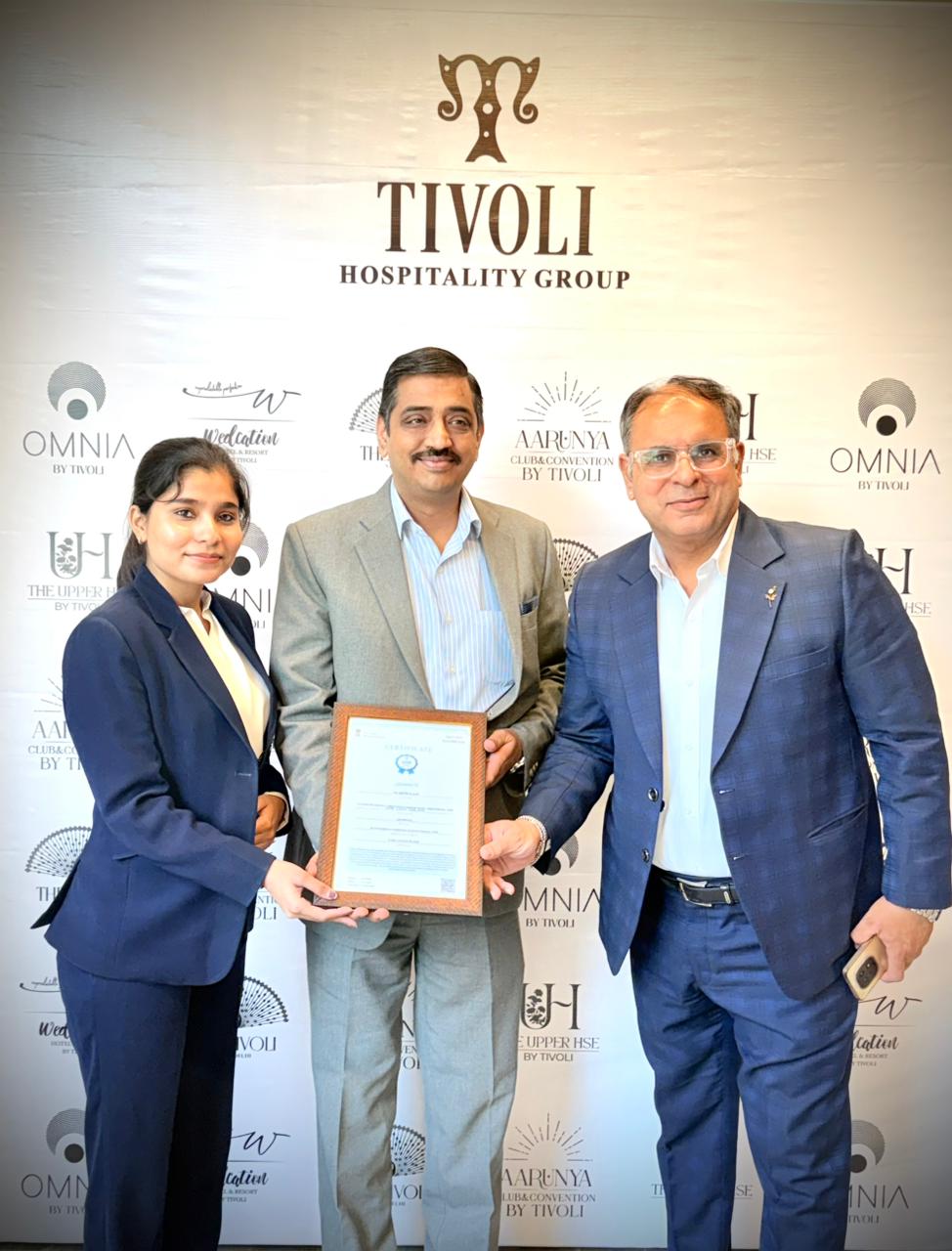Puneet Chhatwal, MD & CEO, IHCL, says community engagement in sustainable development can yield impactful outcomes.
Words by Lipla Negi
In a resounding call for cooperation, Puneet Chhatwal, Managing Director and Chief Executive Officer, the Indian Hotels Company Limited (IHCL), invoked the inspiring words of industrialist and philanthropist Ratan Tata, “If you want to walk fast, walk alone. But if you want to walk far, walk together.”
In his keynote address at the 54th FHRAI Annual Convention, he underscored that the ambitious vision of Tourism@2047 could only be realised through collaboration across all sectors. He stressed that the future of Indian tourism depends on the collective efforts of government, industry, and all stakeholders.
Sustainability Approach
Community engagement is crucial for facilitating sustainable development that leads to impactful results. Reflecting on the importance of sustainability and community involvement, which have always been guiding principles for the Group, he recalled, “We are the oldest operating company in the country. Our founder, Jamshedji Tata, always believed that the community is not just another stakeholder, but the very purpose of any business. This philosophy has been central to the Tata Group companies.”
The company adhered to sustainability principles long before they became a buzzword in the industry. He added, “Environmental, Social, and Governance (ESG) forms the foundation of nation-building, and we are proud to be a part of it.”
India’s growth trajectory
Chhatwal highlighted India’s meteoric rise on the global stage, driven by the country’s impressive strides in economic growth and technological innovation. “In 1947, India contributed only 3 per cent to global GDP. Today, we stand as the fifth largest economy, contributing 7 per cent of the global GDP. In the next 5 to 7 years, we are expected to contribute 10 per cent of the world’s GDP,” he observed.
Job opportunities
India’s current workforce in organised tourism sector stands at 43 million, with projections suggesting it could easily expand to 100 million in the coming years. “The tourism sector has the potential to be the largest job creator in India, and we need to make the sector an attractive career option again,” he asserted.
Importance of infrastructure
Emphasising the need for better infrastructure, Chhatwal discussed the government’s role in planning and executing large-scale projects. He said, “India’s airport infrastructure has grown from just 10 in 1947 to 150 today, with plans to increase this to 300 soon. Similarly, the expansion of highways and railway stations is critical to supporting the growing tourism demand.”
The path forward
With a young demographic and sustained economic growth, India is well-positioned to become the world’s third-largest economy, with tourism playing a pivotal role. “We have the potential to become the third-largest tourism destination globally. With right policy interventions, we can expect double-digit growth in tourism’s contribution to GDP India’s tourism sector will continue to thrive with rising disposable incomes, a young population, and improving infrastructure,” he said.
With robust growth, the tourism sector has the potential to be the largest job creator in the country










